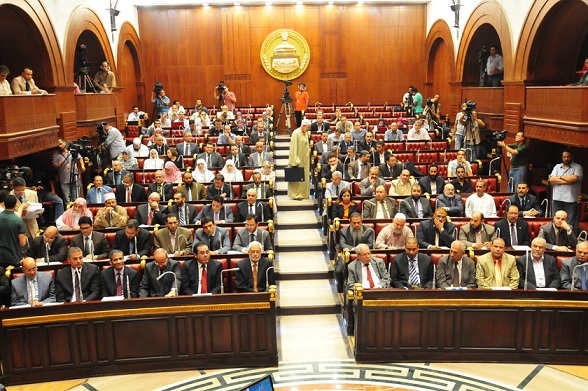Possible postponement result of security issues, not political ones
CAIRO: The quarter-annual meeting of the joint Egyptian-Israeli Qualified Industrial Zones (QIZ) committee, scheduled for the end of this month in Jerusalem, is likely to face postponement for security reasons related to the ongoing conflict in Lebanon, says Bassem Sultan, QIZ committee chairman at the American Chamber of Commerce.
Sultan denies widely circulated reports that the reason for possible postponement is political and adds the newly-implemented cease-fire agreement increase the chances of the meeting being held on time. Still, no firm decision has been made yet, he says.
The reason I predicted this meeting, which is routine in nature, might be postponed is fighting was still taking place between Israel and Lebanon, which posed security issues for the committee and for no other reason, says Sultan. Politics is one thing and trade is another. We sympathize for the Lebanese people and we feel for them, but we should not hurt ourselves in the process.
Sultan says the Egyptian side stands to lose more than the Israeli side from a disruption to the QIZ agreement.
A spokesman for the Ministry of Foreign Trade and Industry denied there s talk of postponement.
Ali Awni, chief of the Egyptian side on the QIZ committee, was not immediately available for comment.
On Tuesday, the independent Al-Masry Al-Youm quoted Sultan as saying the current political situation in the Middle East, the military confrontation between Israel and Lebanon and the increase in Arab anger toward the Israeli massacres committed in Lebanon all point to the postponement of the meeting because the tension in the political relationship cannot be ignored on the economic level.
Sultan says he was grossly misquoted, adding the country should not drag itself into conflict unnecessarily.
We have greatly benefited from this agreement, says Sultan. It have us a competitive edge over other countries such as China at a time when its textile exports were increasing exponentially to the United States. So we shouldn t ignore this when we talk about QIZ.
But other leading economic figures, even in the textile industry, have voiced their complete support for suspending the agreement. Magdi Tolba, chairman of the Ready-Made Garments Exporters Association, says QIZ success figures have been inflated and a complete economic boycott of Israel is the least Egypt can do to protest its attacks on Lebanon. How can any body talk about trade at a time like this, Tolba told The Daily Star Egypt on Saturday. In the end, we re Arabs, whether we are traders or manufactures. In the end, we re flesh and blood and we are hurting for the Lebanese people. If this is not terrorism, what is? How can this go on? This is not the time for trade.
Sultan acknowledges the controversy surrounding QIZ, but says it saved the country s textile industry by allowing it customs-free access to the American market, where duties on imports from other countries range from 18 to 33 percent.
Of course there s a lack of support from the public, but economically, it gave us an edge at a very critical time, he says.
On the political level, Sultan says there are ongoing talks between the Egyptian, Israeli and U.S. governments to lower the required 11.7 percent Israeli input in final products to 8 percent, similar to the deal signed with Jordan. Still, he says issue is merely at the discussion stages on a senior political level with no timeline on when a new agreement might be reached.

